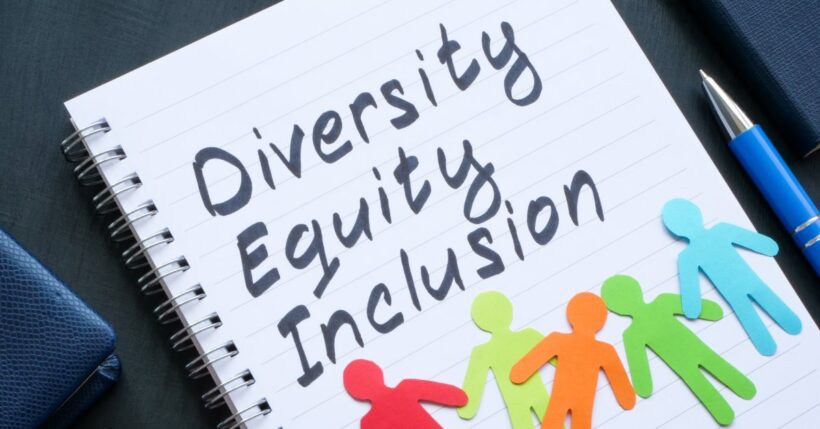Complying with DEI initiatives is one thing but sustaining them despite recent social changes is another. Diversity, equity, and inclusion (DEI) are no longer optional in modern workplaces. They have become vital components of successful organizations that seek to create environments where employees feel valued and respected.
Beyond just a moral imperative, it is intricately linked to innovation, employee satisfaction, and overall business success. We’re exploring the critical importance of sustaining it in the workplace, because simply complying is no longer enough.
The Economic and Social Benefits of DEI at Work
Investing in DEI initiatives profoundly influences an organization’s bottom line. Some research suggests that companies with high diversity levels outperform less diverse competitors by over 35 percent in profitability. Additionally, inclusive workplaces foster innovation by unlocking a wide range of perspectives.
Employees from diverse backgrounds bring unique solutions to business challenges, ultimately helping organizations remain competitive in rapidly evolving markets. Socially, DEI also sets a positive standard for fairness and accessibility, which builds a better corporate reputation and encourages stronger employee engagement and customer loyalty.
The High Cost of Ignoring
Ignoring DEI can come with severe consequences, including increased employee turnover, legal conflicts, and reputational harm. Companies with poor workplace diversity often struggle to retain top talent, as employees are more likely to leave environments where they feel undervalued.
Additionally, these organizations expose themselves to risks of discrimination lawsuits, which almost always result in hefty fines and long-term brand damage. Failing to prioritize DEI sends a message that can alienate clients, partners, and job seekers, making it more difficult for businesses to remain competitive.
The Role of HR and Advocates in Sustaining Diversity
Sustaining DEI efforts requires a collaborative approach driven by HR teams and DEI advocates. HR professionals play a pivotal role in shaping an inclusive culture through equitable hiring processes, unbiased promotion practices, and open communication policies.
DEI advocates foster awareness and accountability within organizations while highlighting areas for improvement. Together, these teams ensure the consistent alignment of organizational goals with DEI principles which can drive long-lasting change.
Strategies To Foster in the Workplace
Creating a diverse and inclusive workplace goes beyond recruitment. Companies must implement intentional strategies to make sure employees feel supported at every level. Inclusive recruitment processes, such as blind resume reviews and diverse interview panels, eliminate any biases.
Equally important is creating policies that support retention, such as flexible work arrangements, mentorship programs, and equitable pay structures. Retaining diverse talent requires fostering an environment where employees feel appreciated for their contributions and empowered to grow.
The Importance of Regular Training
DEI is not a one-time initiative but rather an ongoing process requiring regular evaluation and training—hence the emphasis on sustaining the initiative. These sessions create awareness about unconscious biases, microaggressions, and the importance of cultural competence.
Working with affirmative action compliance consultants further ensures that organizations remain legally compliant while promoting equitable practices. Through compliance and education, businesses will strengthen their DEI frameworks and avoid falling into performative traps that fail to deliver meaningful outcomes.
Sustaining DEI in the workplace requires commitment, collaboration, and continuous improvement. Organizations must fully integrate DEI values into their culture, ensuring they remain a top priority even as the business evolves. It’s equally important to remember that maintaining DEI can also mean supporting merit-based opportunities, because two things can be true at once.

